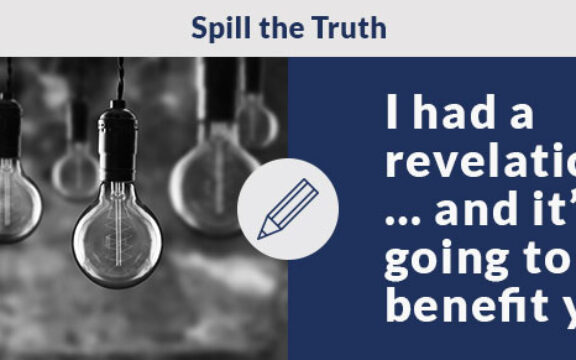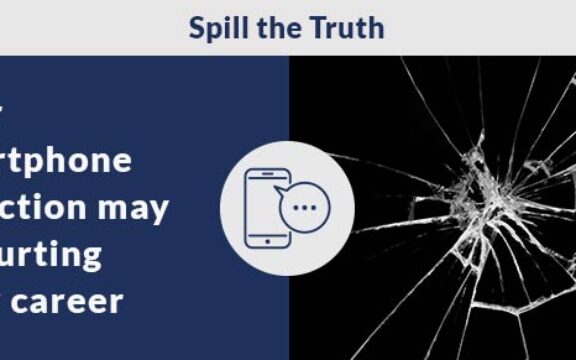Managing can be easy when staff is engaged, deadlines are being met and the bank account is growing. But every office leader will face difficult situations that can disrupt the office flow. How you manage these difficult situations affects more than your reputation. The wrong tactics can drain staff morale and seriously disrupt productivity.
Here’s how to handle some common work headaches with diplomacy, respect and a positive attitude.
- Missed deadlines: Be authentic and apologetic: “I intended to have this to you as scheduled and, while there were issues beyond my control, the fact is I should have allocated more time to the project. I’ll be more diligent going forward.”
- Pessimistic or overly critical coworkers or clients: Emphasize the positive. Try saying, “I need your help. We’re behind on this project and I know that everyone is more productive when morale is up. So let’s stay focused on all the good work we’re doing. I can’t do this without you.”
- A security breach or other crisis situation: Never respond with “No comment.” Be proactive, not defensive. Say, “We are gathering facts so we fully understand what has happened (or what needs to happen). We will communicate more as soon as we can.”
- Not renewing or initiating a contract: Call once a decision has been made. Say, “We’ve decided not to move forward and here’s why.” You don’t have to divulge every detail behind your decision, but they’ll feel better if they get at least one reason. Don’t leave people guessing. See my blog about ghosting.
- Coworkers who don’t want to share negative feedback or updates: Let them know that you value all of their feedback. Say, “I like it when you share good news with me. But if you see problems brewing, please tell me about them as soon as possible. It will help all of us.”
- A change in strategy or direction mid-project: Instead of laying blame, focus on the facts. Try saying, “Here’s what’s at risk if we proceed.” Then follow up with a solution.
- A personal attack on your company or character: Don’t allow yourself to be victimized in the name of niceness and certainly not in the name of perception. Walk away, get off the call or end the email chain as quickly as possible. By disengaging, you demonstrate professionalism and self-respect. A simple “I don’t feel that’s an accurate remark” will acknowledge your disapproval of the remark.
Coworkers who take credit for your work: Don’t stoop to their level; instead stay focused on the positive. Say, “I want to clear up a potential misunderstanding about how my contributions to this project are being conveyed.”







